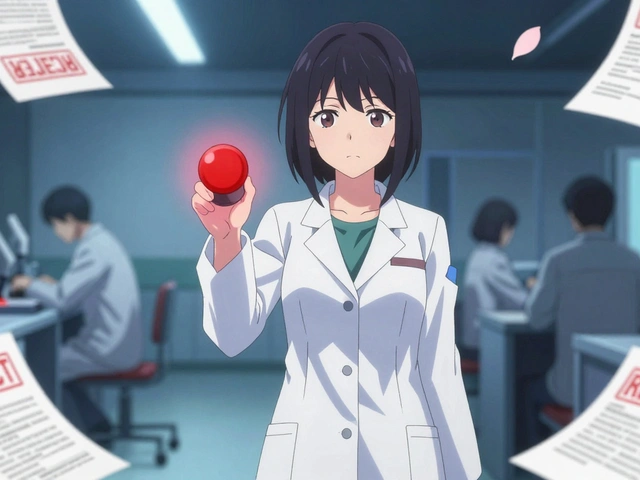Cholesterol management: clear steps to lower your risk
Lowering LDL (the "bad" cholesterol) by about 1 mmol/L (~39 mg/dL) cuts heart attack risk roughly 20%. That’s a simple number that shows small changes matter. If you want practical steps—not confusing jargon—start here.
First, know your numbers. Ask your doctor for a fasting lipid panel: LDL, HDL, total cholesterol and triglycerides. Treatment depends on those values plus your age, blood pressure, smoking status and any heart disease.
Food and everyday habits that move the needle
Swap out the obvious: reduce saturated fats (fatty cuts of meat, butter, full-fat dairy) and cut trans fats (many processed foods). Replace them with healthier fats—olive oil, and yes, peanut oil can be a better choice in cooking. Add these keeps-it-simple wins:
- Eat fatty fish twice a week or consider omega-3 supplements if your doctor agrees—these lower triglycerides and help heart health.
- Choose whole grains and oats for soluble fiber; fiber binds cholesterol in the gut and lowers LDL.
- Snack on nuts and seeds. A small handful daily helps cholesterol and keeps you full.
- Limit sugary drinks and alcohol—both raise triglycerides and pack calories.
- Move more. Brisk walking 30 minutes most days improves HDL and helps weight control.
Small consistent changes beat dramatic short-term fixes. Dropping 5–10% of body weight often lowers LDL and triglycerides noticeably.
When lifestyle isn't enough: medications and supplements
Statins are the go-to drug to lower LDL. They have the strongest evidence for preventing heart attacks. If statins alone don’t hit targets, doctors may add ezetimibe or newer options like PCSK9 inhibitors. Always talk to your prescriber about benefits and side effects—muscle aches and diabetes risk are real but manageable for most people.
Supplements like fish oil help mainly with high triglycerides. Some cooking oils (we cover peanut oil benefits in our guide) can be heart-friendly when used instead of butter or lard. Be cautious with supplements that claim dramatic cholesterol drops—ask your doctor and check interactions with meds.
Want to save on prescriptions? Compare prices—Mexican pharmacies often offer lower costs for many meds and supplements. Our site helps you check options and trusted sources so you can talk to your doctor armed with price and safety info.
No single trick fixes cholesterol. Combine smart food swaps, regular activity, and medical therapy when needed. Keep monitoring your numbers, follow up with your clinician, and use reliable resources to compare treatments and costs.
Explore our related guides on fish oil, peanut oil, and prescription options to plan safe, effective steps that fit your life.






